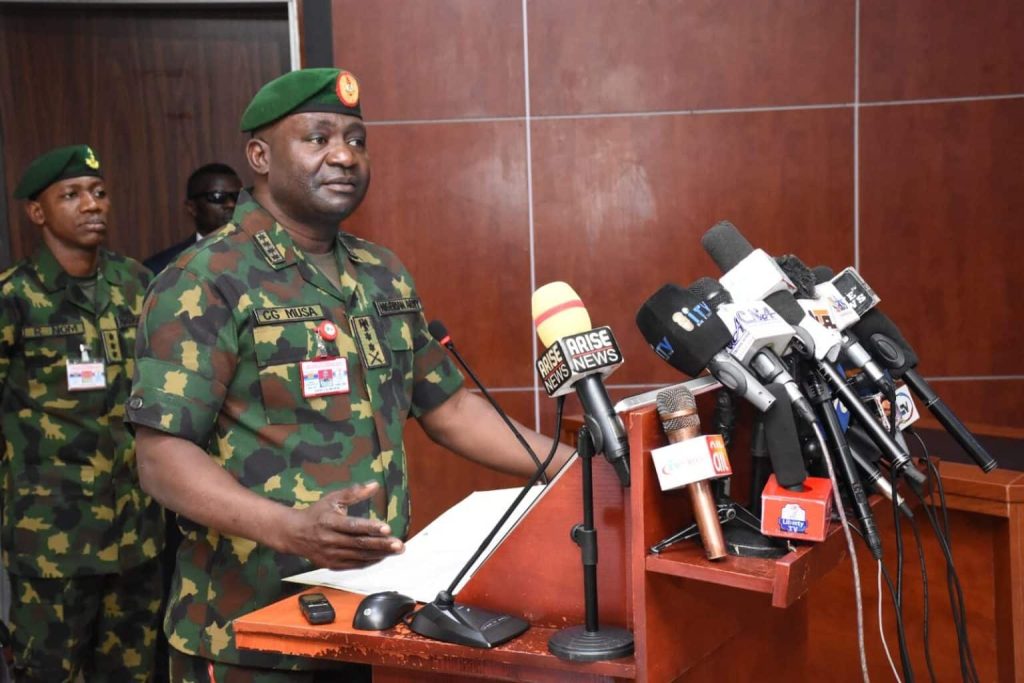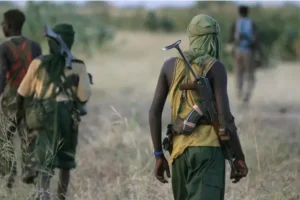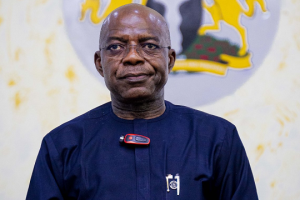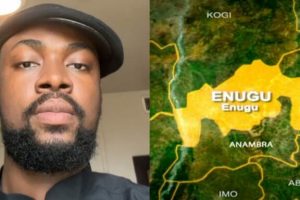
IPOB’s decision to refrain from claiming responsibility for violent acts in the South East is likely influenced by a combination of strategic, political, and organizational factors. One of the primary reasons is the desire to avoid legal and political repercussions that could arise from being directly linked to violent activities.
In many instances, acknowledging involvement in such acts could expose the group to severe scrutiny from both the Nigerian government and the international community, which might intensify the already significant pressure on the organization. By distancing itself from these incidents, IPOB attempts to shield its leadership from prosecution, and this allows them to focus on advocating for self-determination without the added burden of being accused of terrorism or insurgency.
Another crucial factor is the group’s effort to preserve its image as a peaceful movement for the pursuit of Biafran self-determination. IPOB has consistently portrayed itself as advocating for independence through non-violent means, particularly under the leadership of Nnamdi Kanu, who has often called for peaceful protests and civil disobedience. Acknowledging violent actions would not only undermine this image but could also alienate potential supporters, both within Nigeria and globally, who sympathize with the cause but reject the use of violence. Maintaining this image is especially important as IPOB seeks to gain international recognition and diplomatic support for its cause. Many foreign governments, human rights organizations, and activists have expressed solidarity with IPOB’s struggle for self-determination, but such support could quickly dissipate if the group were seen as engaging in violent extremism.
In addition to the public image issue, it is also possible that not all acts of violence attributed to IPOB are actually the work of the group itself. There are reports that rogue factions or individuals unaffiliated with the central leadership of IPOB have been involved in violent incidents in the region. These splinter groups may pursue their own agendas, sometimes using the IPOB name to legitimize their actions or to create confusion. The fragmentation of IPOB’s leadership, especially after the arrest of Nnamdi Kanu, has made it difficult to maintain tight control over all members and supporters. As such, the main leadership might choose to avoid claiming responsibility for actions that they did not authorize or endorse in an effort to prevent further fragmentation of their movement.
Moreover, the lack of clarity surrounding the perpetrators of violent incidents can also play into the hands of external actors, who may exploit this ambiguity to further discredit IPOB’s cause. The Nigerian government and security forces, in particular, have often used the claim that IPOB is responsible for violent acts in the South East as part of their broader narrative to label the group as a militant or terrorist organization. This narrative can be harmful to IPOB, as it may reduce its legitimacy in the eyes of international communities sympathetic to its cause. Additionally, rival groups or other political actors may intentionally create confusion, using these acts of violence to undermine IPOB’s credibility or to sow division within its ranks.
Finally, by refraining from claiming responsibility for violent acts, IPOB may be attempting to keep its movement strategically flexible. Acknowledging involvement in violence could potentially close off peaceful avenues for negotiation, international diplomacy, or a political solution. By maintaining plausible deniability, IPOB leaves the door open for continued dialogue, both within the country and with external stakeholders, without being boxed into a narrative of violence.
In conclusion, IPOB’s reluctance to claim responsibility for violent crimes in the South East is a complex decision driven by a combination of strategic considerations. These include the desire to protect the group’s legal standing, maintain its image as a peaceful movement, address internal organizational challenges, and manage the external narrative surrounding its cause. By taking this approach, IPOB hopes to safeguard its long-term objectives while navigating the political, social, and security dynamics in the region.





